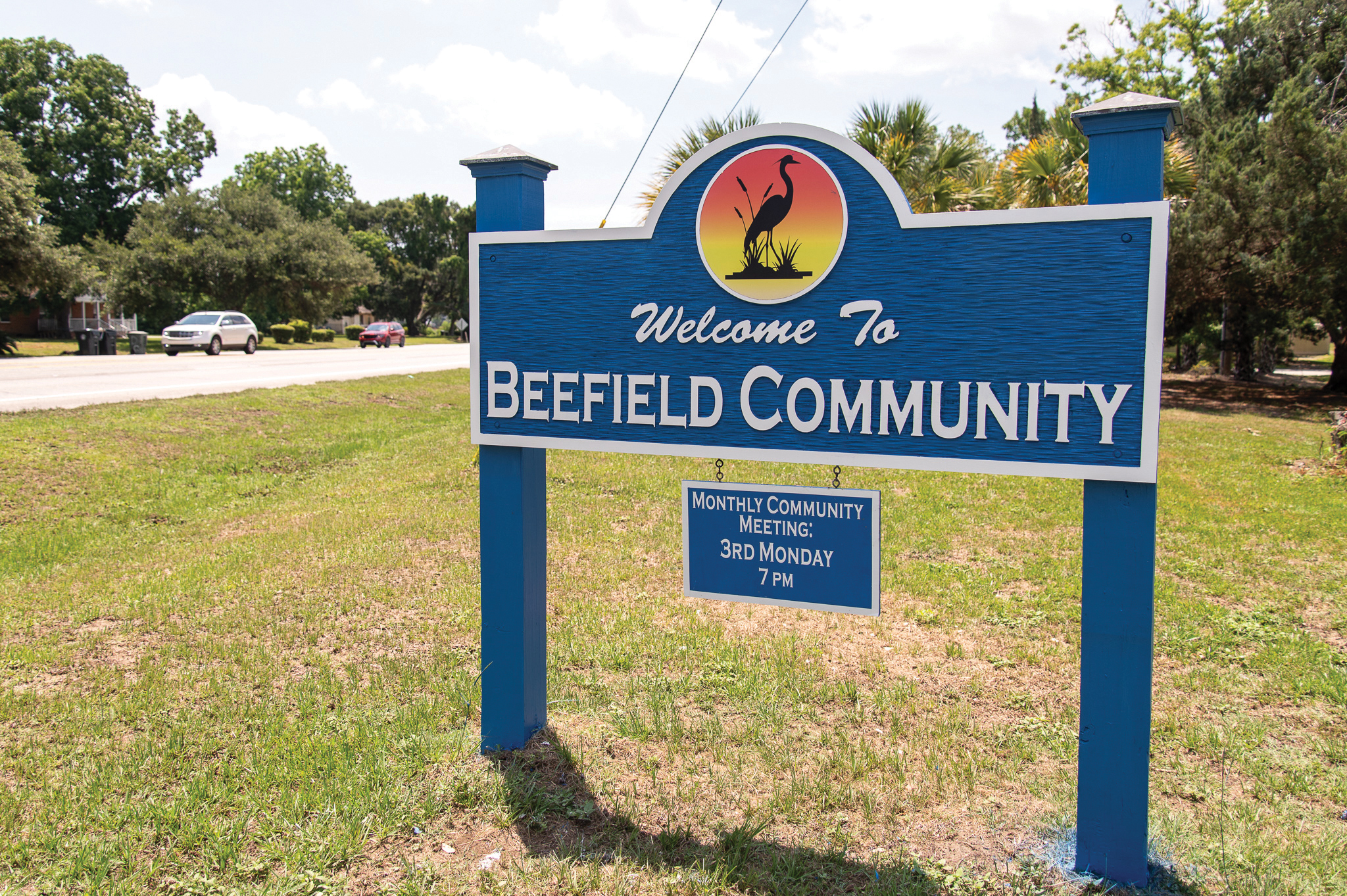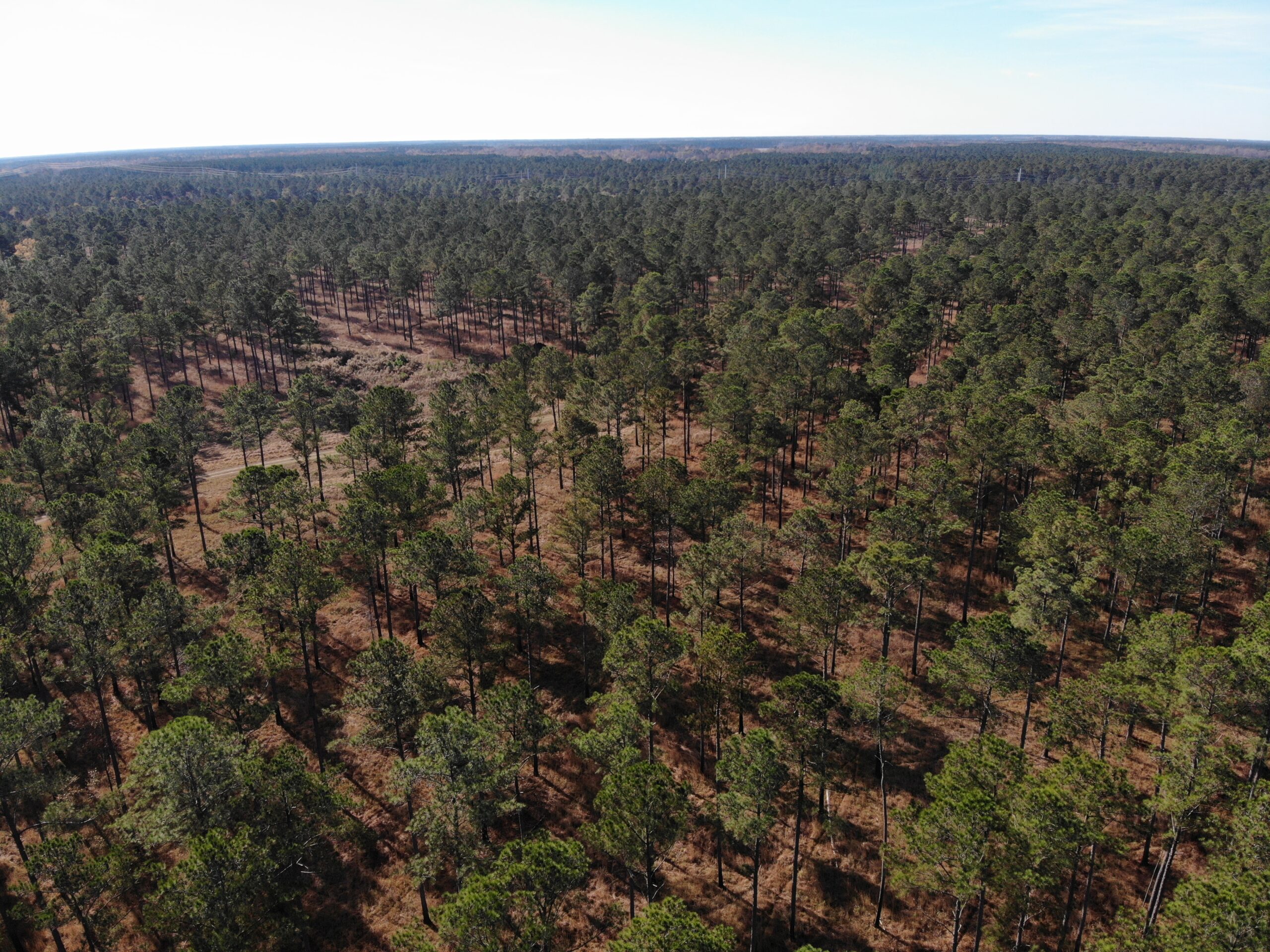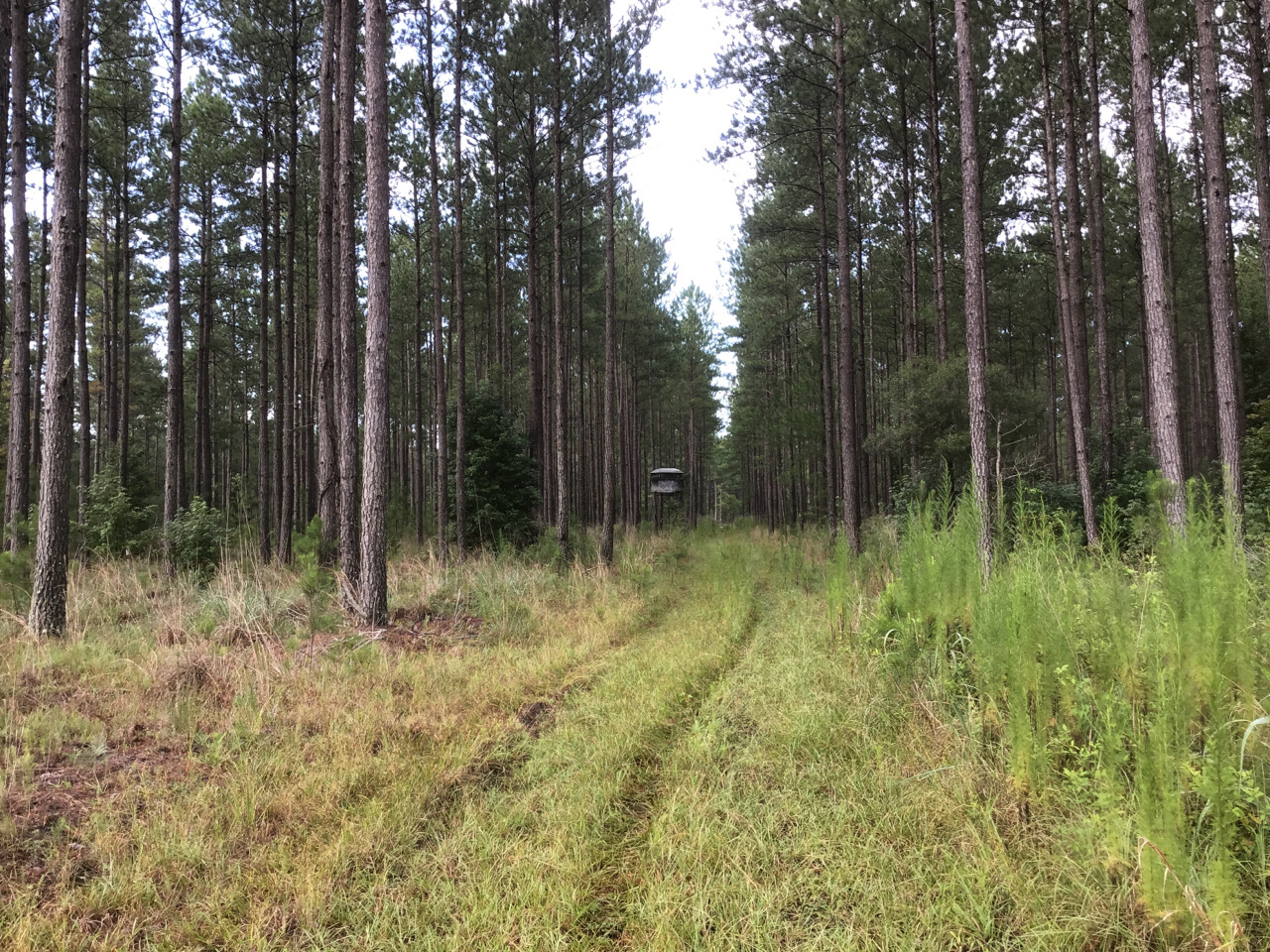
Albert George has had the honor to serve as the first Director of Conservation at the South Carolina Aquarium, positioning the organization as a leader in the field. He passionately calls the Lowcountry home, narrating his family’s history and roots in Beaufort and Jasper County. For generations, the salt marshes and surrounding landscapes have become a part of his family’s fabric. Albert leads with immense enthusiasm for environmental protection, saying, “The conservation issues facing South Carolina’s future aren’t daunting. In fact, they’re exciting”.
Q: Why is it important to protect our environment? What is at stake if we don’t?
A: Unfortunately, we’re looking at unprecedented times related to the implications of climate change and sea-level rise. In particular, South Carolina’s Lowcountry is home to over one-third of the eastern sea board’s salt marsh habitat. When you think about us being a major thoroughfare for migratory birds, a significant area for horseshoe crabs, and a substantial area for endangered sea turtles, in conjunction with the fact that we have one of the largest concentrations of salt marsh and fresh land marsh habitats, you could make the argument that South Carolina is one of the most important ecological areas in the United States. With climate change, the implications of sea-level rise, and the impact of development, if we’re not thinking about creating space for nature and providing it with the opportunity to adapt to these changes, we risk everything vital to us.


Q: What are some simple things that people can do to help protect the places we love?
A: First, get involved with organizations like Lowcountry Land Trust. In all seriousness, the need for us to preserve land areas where nature will have room to shift with climate change and the change in tides is imperative. When I say it’s imperative, I can’t stress the importance of that enough. Lowcountry Land Trust’s mission has been critical since its inception almost 35 years ago. This mission is more critical than ever in light of the escalating concerns around climate change and sea-level rise. As much work as Lowcountry Land Trust has done in the past, the work it will do in the future will be some of its most important work yet.
Second, we need more support and advocacy around leaving nature natural. My concern as a person from the Lowcountry is that I understand why everyone wants to move here and why everyone wants to have a marsh view outside their windows. People need to realize that any obstruction between that marsh and its ability to migrate upland has the potential to put that marsh in a compromised position concerning its ability to adapt to the change in climate and the change in landscape as it pertains to sea-level rise. The bottom line is, we need to be mindful of where we develop and how we develop. Because ultimately, if we don’t grow in an intelligent way that allows nature to migrate upland, we will put at risk all the things that we love and all the things that make the Lowcountry what it is. We need to be prudently smart about how we leverage land use management practices in developing this place we call home. If we look at Hilton Head, Charleston, and Myrtle Beach, these areas are growing faster than the national growth rate. I’m not against growth, but at the same time, it can’t be growth at the expense of nature.
Q: How does environmental protection benefit our communities?
A: When I speak to classrooms, I always like to reference the fact that many people are very enamored with their smartphones—people both young and old just love them. And now, it seems that we’ve become dependent on them. I like to tell people that as enamored as you may be with those smartphones, a smartphone will never do as much for you as a leaf or a blade of grass concerning your ability to live a productive life and survive. The air that we need to sustain ourselves, the water that we drink, and the process of plants turning energy from the sun into complex sugar that create the base of food chains, are all essential. Sometimes, we don’t fully appreciate all the benefits we get from nature, and in particular, we don’t appreciate that we can’t exist on earth without it. That leaf, blade of grass, or phytoplankton that we might take for granted converts the waste that we breathe out and turns it into oxygen that sustains our ability to live. Often, we’re infatuated with the aesthetic beauty of nature. Still, I think sometimes we forget that it’s utterly essential to our ability to exist on this planet. It can sometimes be an overlooked point that when we protect trees, plants, and land, we’re literally preserving the earth’s ability to support human life both now and for years to come.
Q: How do land trusts like LLT help to protect the balance of the natural world?
At the end of the day, nature needs room to adapt and change for it to thrive. Lowcountry Land Trust’s mission is rooted in that sentiment by preserving the places that make the Lowcountry a haven for not only humans, but a haven for everything from birds to endangered sea turtles, to woodland animals, and an abundance of plant life. To keep this delicate balance in place and allow all things to thrive, we have to make sure that we preserve natural spaces. We can’t treat nature as an afterthought when we go about our daily lives and advance the region’s economic development. Lowcountry Land Trust promotes all of this and more through protecting vital properties and working directly with the Lowcountry business community. It protects the things that make this place so beautiful and nurturing.


Q: What resources would you suggest for people to learn more?
There’s a treasure trove of resources available on the topic. I encourage community members to learn more about land conservation and how land trusts work from the resources Lowcountry Land Trust provides. If you want to learn more about marine ecosystem conservation, we have a lot of information at the South Carolina Aquarium that I’m sure people would enjoy. And if you want to explore regulatory conservation efforts at a state level, I encourage you to tap into the SCDNR resources.
The beautiful thing is that we have so many entities and organizations in our network that are working to protect all of the natural and historical resources we have in this region; Coastal Conservation League, Charleston Waterkeeper, Charleston Surfrider, South Carolina Environmental Law Project, Southern Environmental Law Center, and many more. We even have organizations like Ducks Unlimited that has been one of the most conservation-minded organizations in the country in relation to preserving critical bird habitat. We’re fortunate and blessed to have so many entities that are fighting to preserve nature in a way that’s inclusive and life-sustaining.





